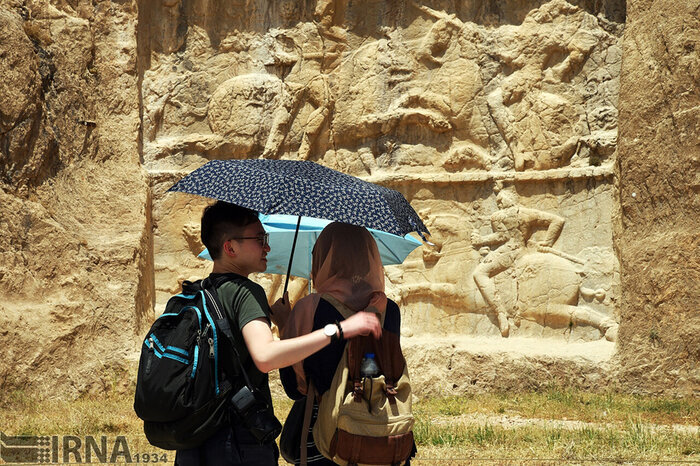Iran to introduce tourist cards for foreign visitors: Minister

TEHRAN – Iran plans to issue “tourist cards” for foreign visitors to facilitate currency exchange during their stay, according to Reza Salehi-Amiri, the Minister of Cultural Heritage, Tourism, and Handicrafts.
Salehi-Amiri announced on Tuesday that the lack of a proper currency exchange system and the absence of international credit cards have been significant obstacles for Iran’s tourism industry, IRNA reported.
He called on the Central Bank of Iran to address these issues as part of broader efforts to improve the sector.
Highlighting the untapped potential of Iran’s tourism, the minister said the primary target market is the “Nowruz zone,” encompassing culturally connected nations such as Azerbaijan.
He noted that the number of Azerbaijani tourists visiting Iran dropped sharply—from over 1.8 million annually to just 100,000—following the January 27, 2023, embassy incident in Tehran. However, recent discussions with senior officials in Baku aim to restore and boost tourist exchanges.
Salehi-Amiri also identified the Persian Gulf littoral states, particularly Iraq, as a key tourism market. He reported that over three million Iraqi tourists visit Iran annually, compared to 7.5 million Iranian pilgrims traveling to Iraq. This imbalance, he said, needs to be addressed to achieve a more equitable exchange.
The minister emphasized Saudi Arabia as a strategic focus for tourism development, citing efforts to strengthen relations between the two nations. He credited President Masoud Pezeshkian’s administration for making significant progress in improving diplomatic ties with Riyadh.
Salehi-Amiri expressed optimism about upcoming meetings between President Pezeshkian and leaders from Azerbaijan and Saudi Arabia, anticipating that these talks could resolve existing issues and mark the beginning of a new era in regional cooperation and tourism growth.
Iran’s introduction of the tourist card is expected to enhance convenience for international visitors, demonstrating the country’s commitment to fostering its tourism industry and cultural exchange.
The Islamic Republic expects to reap a bonanza from its numerous tourist spots such as bazaars, museums, mosques, bridges, bathhouses, madrasas, mausoleums, churches, towers, and mansions, of which 28 are inscribed on the UNESCO World Heritage list.
AM
